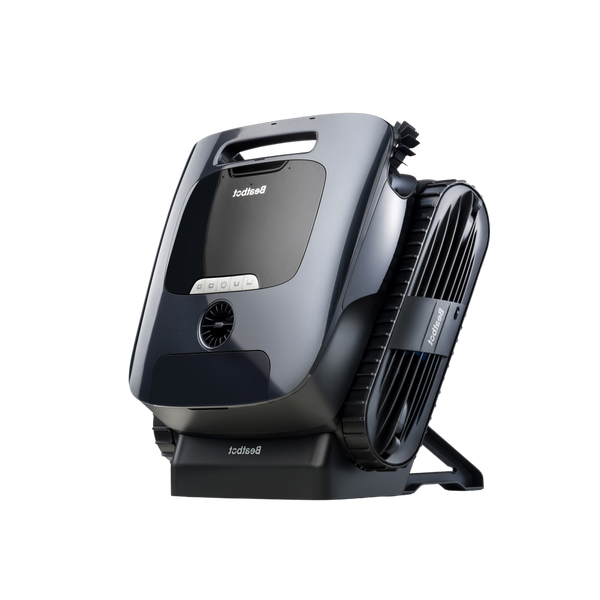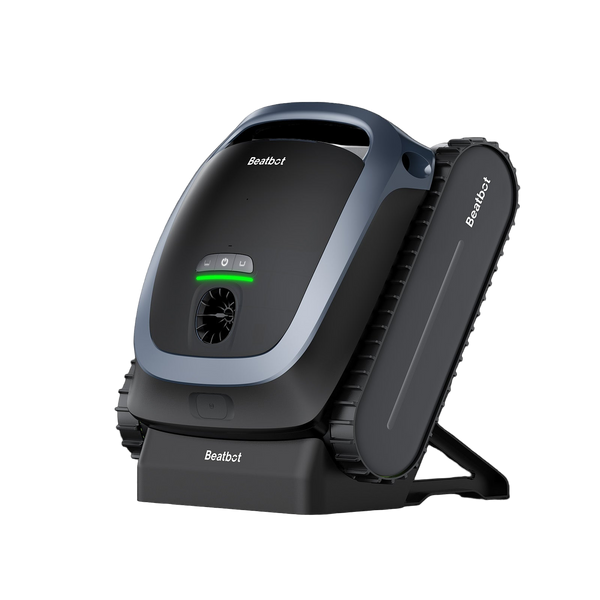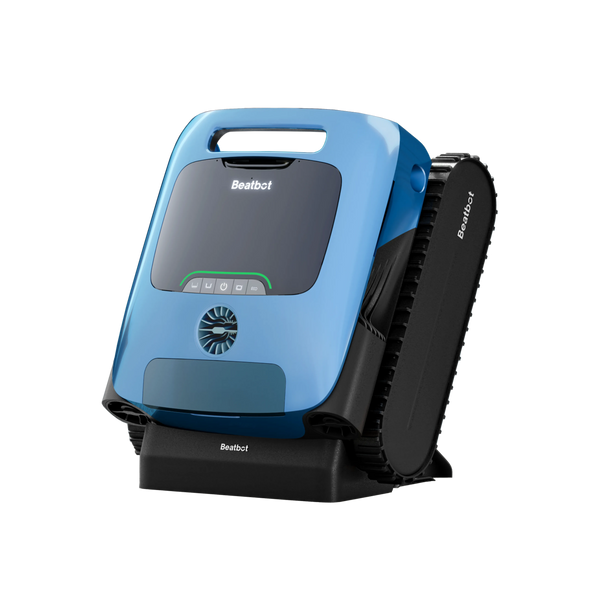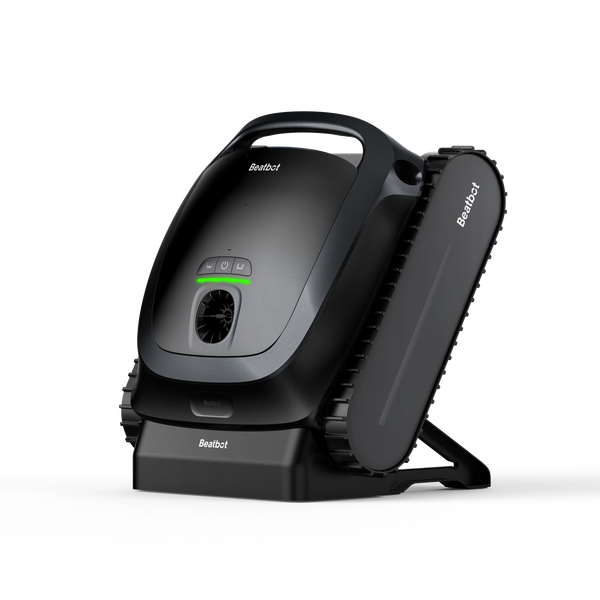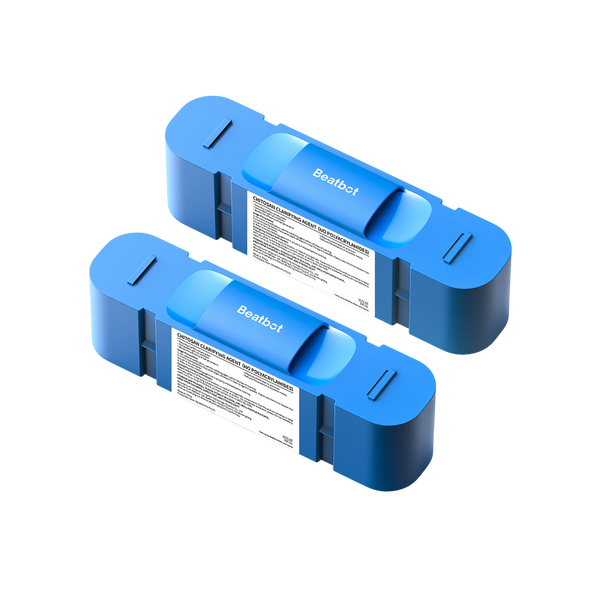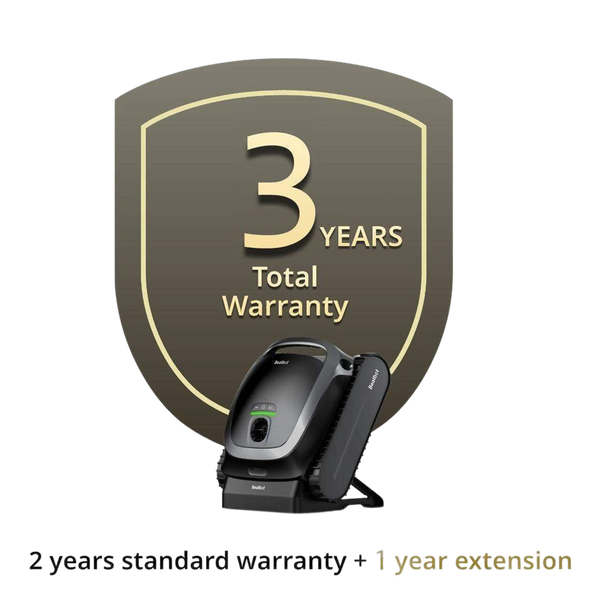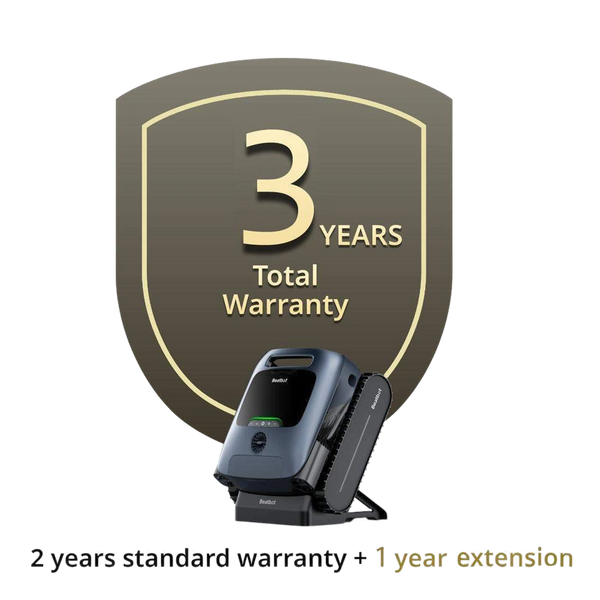Mastering Salt Water Pool Care: A Comprehensive Guide
Owning a saltwater pool is a dream for many, offering a refreshing oasis right in your own backyard. However, to ensure that your pool remains a pristine and inviting space, regular maintenance is essential. This comprehensive guide will walk you through everything you need to know about maintaining a saltwater pool, from daily tasks to annual maintenance checks.
Table of content

Why Salt Water Pool Maintenance Matters
Proper pool maintenance is not just about aesthetics; it plays a crucial role in the longevity and enjoyment of your pool. By dedicating a little time and effort to regular maintenance, you can save yourself from costly repairs down the line. Neglecting pool maintenance can lead to issues such as algae growth, pH imbalances, and deteriorating water quality.
Essential Salt Water Pool Cleaning Tips
Daily Tasks
- Skimming and Vacuuming : Start with regular skimming to remove leaves, bugs, and debris from the water's surface. Vacuuming the pool floor, walls, and even waterline helps to ensure no dirt or algae accumulate over time.
- Pump Operation : Run your pool pump for 4 to 8 hours daily to maintain adequate circulation and filtration.
Weekly Tasks
- Shock Treatment : Shock your saltwater pool to oxidize contaminants and sanitize the water, especially if the pool is dirty or algae-infested.
- Chemical Level Adjustments : Test and adjust your chemical levels (pH, alkalinity, chlorine, salinity, calcium, etc.) to maintain a balanced environment that is safe for swimming.
Monthly Tasks
- Filter Maintenance : Backwash and clean your pool filter to ensure optimal filtration and prevent clogs.
- Deep Cleaning : Deep clean your pool surfaces by brushing, vacuuming, and checking for any signs of algae or calcium deposits.
- Salt Cell Inspection : Check and rinse your salt cell to remove any debris or calcium buildup, which is crucial for the proper functioning of your saltwater chlorinator.
Annual Tasks
- Deep Clean the Salt Cell : Perform a thorough cleaning of your salt cell to maintain its efficiency and longevity.
- Winterization : Prepare your pool for winter by following appropriate procedures to protect it from damage during the off-season.
- Filter Maintenance : Deep clean your pool filter, replacing parts as necessary to ensure it continues to function at its best.
Pool Water Chemistry Basics
Maintaining proper water chemistry is crucial for a healthy and inviting swimming environment. Understanding the following aspects will help you keep your pool water balanced:
- Testing and Balancing : Regularly test your pool water using a reliable testing kit to monitor pH levels, chlorine levels, alkalinity, and other essential parameters. Adjust these levels as needed to maintain a balanced environment.
- Understanding Pool Chemicals : Familiarize yourself with common pool chemicals, such as chlorine, algaecides, and pH adjusters. Learn their purposes, proper usage, and recommended dosage to keep your pool clean and clear.

FAQ: Salt Water Pool Care
What is the difference between a saltwater pool and a traditional chlorine pool?
Saltwater pools use a salt chlorinator to produce chlorine through the electrolysis of salt, whereas traditional chlorine pools require manual addition of chlorine to maintain sanitation. Saltwater pools are often considered gentler on the skin and eyes due to the lower levels of chlorine.
How often should I check the salt level in my pool?
It's recommended to check the salt level monthly. The ideal salt concentration for a saltwater pool is typically between 3,000 to 3,500 parts per million (ppm). This ensures effective sanitation without over-chlorination.
Do I still need to add chlorine to my saltwater pool?
No, you don't need to add chlorine to your pool if you have a salt chlorinator. The system generates chlorine automatically from the salt in the water.
What causes cloudy water in a saltwater pool?
Cloudy water can be caused by several factors, including an imbalance in chemical levels, such as pH or alkalinity, or the presence of excess body oils and lotions. Regular maintenance and shock treatments can help prevent this issue.
How often should I shock my saltwater pool?
Shocking your pool is typically recommended after heavy use, following periods of rain, or if you notice an increase in contaminants. This can be done once every two weeks during high-use periods or monthly during low-use periods.
Can I swim immediately after shocking my pool?
It's best to wait at least 24 hours after shocking your pool before swimming to allow the chlorine to dissipate and ensure safe water conditions.
How do I winterize my saltwater pool?
Winterizing a saltwater pool involves lowering the water level, draining the plumbing system, and adding winter chemicals to prevent freezing and staining. Consult your pool professional for specific steps tailored to your pool and climate.
Is it true that saltwater pools require less maintenance than traditional pools?
While saltwater pools do reduce the need for manual chlorine addition, they still require regular maintenance, including water testing, filter cleaning, and salt cell inspection. The overall maintenance is similar but may be more convenient due to the automated chlorine generation.
Can I use the same pool toys and equipment in a saltwater pool as in a traditional pool?
Yes, you can use the same pool toys and equipment in a saltwater pool. However, it's important to rinse off any salt residue to prevent corrosion or staining.
Conclusion
Mastering salt water pool care involves a combination of regular cleaning, chemical balance, and system maintenance. By following the guidelines provided in this comprehensive guide, you can ensure that your saltwater pool remains a sparkling oasis for years to come. Remember, the key to successful pool care is consistency and attention to detail.
Relative Blogs
About the author


